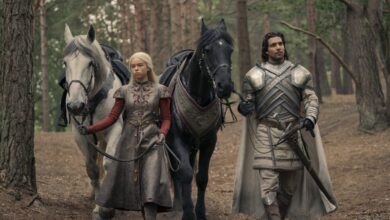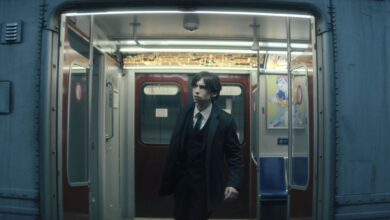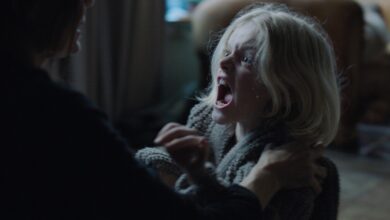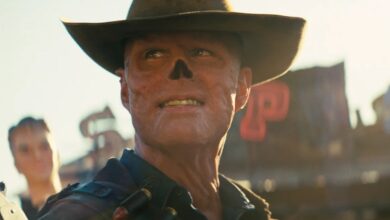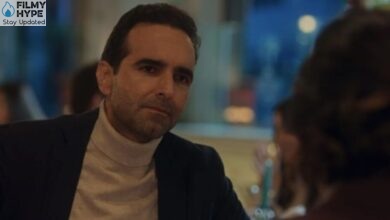The Last of Us: How It Tells Our Humanity! Most Beautiful Recent Love Stories!
The Last of Us Episode 3, has become one of the most loved of the series. That shows the beautiful love story between Bill and Frank. Sooner or later, in a great television series, that episode arrives for which we will choose to remember it even after several years. It happened with Lost, with Game of Thrones, with Breaking Bad and the list would still be long: now it’s the turn of The Last of Us, which in the third episode of its first season, “Long Long Time”, finally expands the horizons of own universe to give us no longer just a functional experience to the likelihood of the post-apocalyptic and dystopian scenario, but an incursion into the private life of two lateral characters, far from central, and at the same time fundamental for understanding the profound meaning of the operation implemented by the authors on the transposition of one of the most loved video games ever.
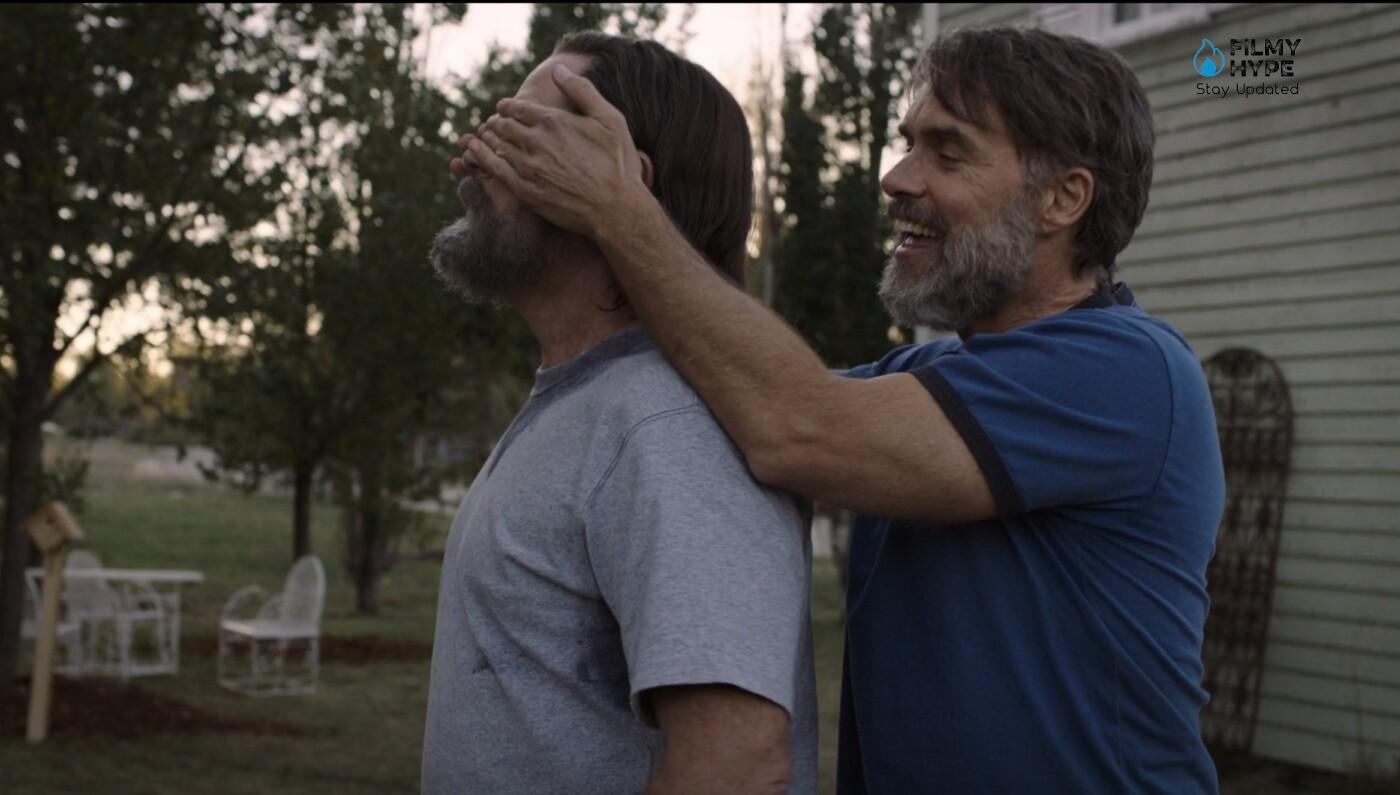
The Last of Us: In Search of A Lost Humanity!
After the first two introductory episodes, in which the rules and operating mechanisms of the infected and the virus they carry have been clarified, The Last of Us interrupts the formula of the prologue on the origin of the pandemic and leaves it to Ellie and Joel to lead us to another dimension of the past. The two protagonists find themselves 10 miles from the city of Boston: the most significant event in the first fifteen minutes of the episode is Ellie’s discovery of an infected man imprisoned between concrete blocks that prevent his movement. This is the young protagonist’s first contact with the creatures of the virus without Joel’s supervision. The directorial approach with which the moment is framed could have been conventional, but it is completely peculiar:
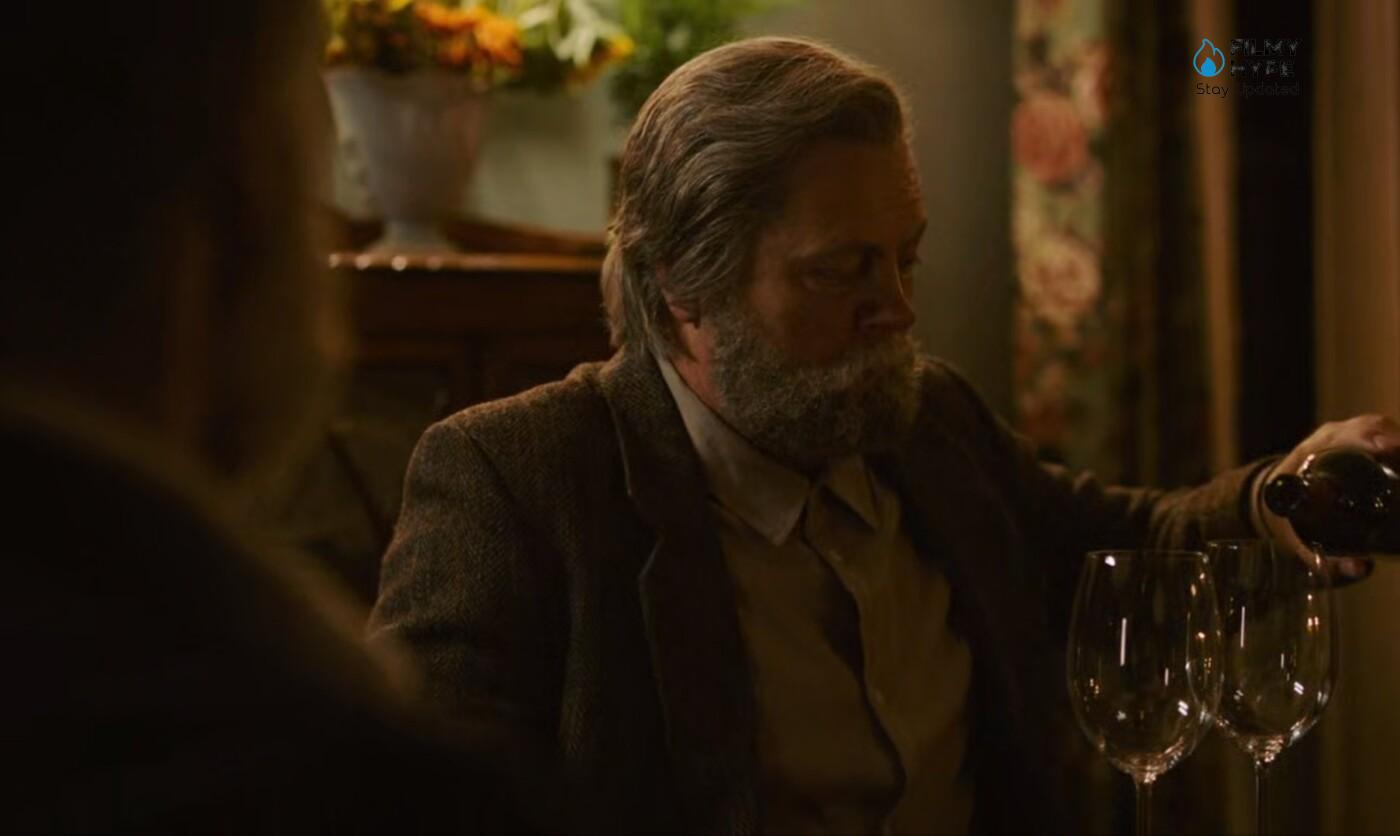
Before the execution with which the teenager pardons him from his cruel destiny, taking away what remains of his life, Ellie observes him trying to establish contact with the man who was: it is the same attitude she will maintain every time she will address Joel questions about the civilization he has never seen, about the world that no longer exists, trying to snatch as much information as possible about a reality he will never know, not even with the partial teaching that the FEDRA school offers him on recent history. The information that this third episode disseminates in its minutes mainly concerns what the characters define as “bad government management”, about the spread of the viral plague: along their path.
Bill and Frank, The Last Men on Earth
The narrative ellipsis that opens from this moment transports us to another place, another time: it is 2003, and, to the great surprise of the viewer, Craig Mazin does not take us back to allow us to helplessly witness the extermination that took place but in the home of a survivor who will not bend to the will of the military. Bill, played by Nick Offerman, has no intention of heading towards the quarantine area and leaving his neighborhood: after hiding, on the contrary, he emerges from a bunker, built under his house, where resources and weapons of all kinds have been stacked in preparation for years of solitude and survival.
Like Charlton Heston’s Omega Man, Bill plunders the Home Depot, the gas station and collects everything that can allow him to live adequately and protect himself from possible attacks by the infected, even going so far as to seize the neighbors’ boat. The classic and well-established routine of the “last man on Earth” – it is easy to find more than one inspiration from a certain post-apocalyptic cinema – is abruptly broken by an unexpected event: Frank (Murray Bartlett) shows up at his door, who has the misfortune of falling into one of the traps set up to deal with any unwanted incursions. Wary, Bill gives in to the stranger’s requests: he allows him not only to eat with him but also to use his shower and to play the scores of Linda Ronstadt’s songs on the piano.
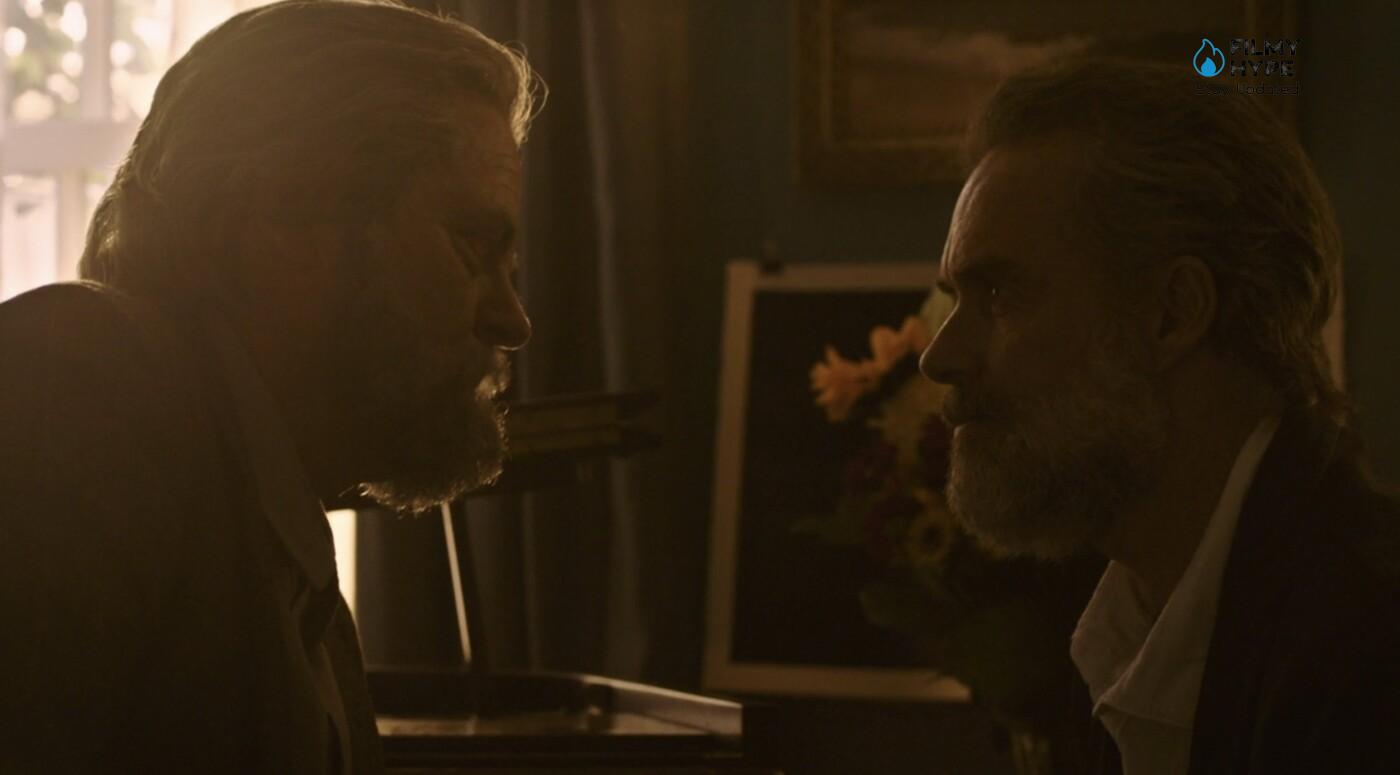
On the notes of Long Long Time, the beginning of one of the most beautiful love stories seen on the small screen in recent times is grafted: Bill and Frank understand that they can and want to share much more than a dinner and a few words and The Last of Us gives its viewers a moment of respite from the violence and anguish of loneliness to tell the beauty and human need for sharing. Mazin’s choice to deviate from the pre-existing story in the video game (in which a much more cynical fate is dedicated to Bill and Frank) is one of the bravest and most intelligent that could have been done to insert an element of novelty in a universe still extremely faithful to the videogame one, which one adheres to until the end in the spirit, in the atmospheres and the construction of the macro-story.
Bill and Frank’s love spans the years in the immobility of a world that seems to have stopped at the day of the disaster and does so with unprecedented sensitivity, and particular attention, towards the human factor on which the whole series wanders and it pivots. Together, the two characters discover the meaning of a feeling based on mutual understanding, mutual assistance, the need to change for the other (and to be changed by the other), on the promise to be there. Always be there, beyond the differences, for a bigger plan than the individual. Loving becomes like surviving: taking care of others to take care of yourself, an unconditional act so that there is a shared good that goes beyond one’s well-being. Survival as a vital goal becomes for Bill only a means to achieve the new goal.
The Guardians of the Domestic Hearth
When Ellie and Joel arrive in the house where the two companions have decided to end their lives together and consciously (to underline the extreme directorial elegance of Peter Hoar in not exhibiting their putrefied bodies with a brilliant stratagem), the girl is amazed by the beauty and care with which that house has been preserved. The dust and the shabby food, still on the table, reveal its early abandonment, but between its repainted walls and the meticulously tidy garden you can still breathe the fruit of that love: the desire to protect and preserve, with patience and obstinacy, the comfort of everyday life, of peace, of the humanity that distinguishes us. Bill and Frank were the last guardians of the hearth in a universe where existence has been reduced to mere instinct.
As if the worst pages of human history had had the opportunity to reunite, in The Last of Us, with the more recent ones of the contemporary world, between holocausts and post-pandemic individual traumas, Ellie and Joel’s journey is not just a patrol of the territory and search for survivors like them: it is also, and especially, the desperate need to know that the contagion has not yet destroyed what makes a human being. Even if it were the happiness of being able to listen to a song by Linda Ronstadt again.


